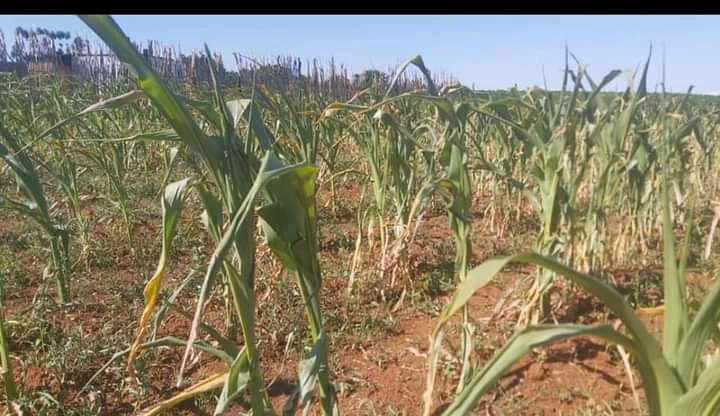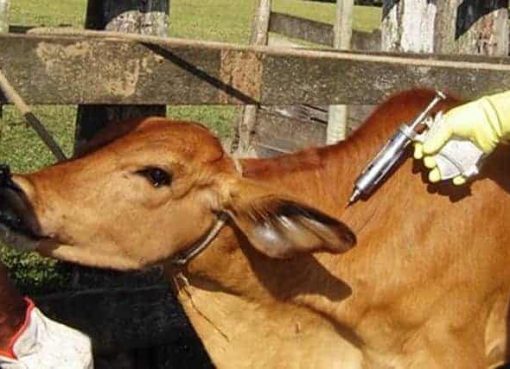Farmers in Elgeyo Marakwet County are staring at losses due to prolonged dry spell in the region.
The typical long rains in Kenya have not been experienced in the county as most parts have witnessed windy and sunny conditions for the better part of May and the month of June which is proving to be of the same trend.
Because of these dire conditions, farmers are unable to salvage their crops as some crops have failed to germinate.
Speaking to KNA, Eliud Cheberi, farmer in Marakwet West said the season started well but the huge problem they are facing now is the prolonged dry spell which is making the crops wilt away in the farm.
“The dry spell has seen many experience a difficult time and some farmers who planted their seeds late have not germinated,” said Cheberi.
Jonathan Kibet Rono, another farmer in the region reiterated that they are anticipating for poor yields at the end of the season.
He added that as maize farmers, they are struggling financially because the government has not subsidised farm inputs which are costly and that most farmers cannot afford.
Currently a bag of fertiliser is sold for Sh3,300 to Sh3,900 per bag depending on where one purchase it.
Without subsidy most farmers could skip the use of the much-required fertilizers hence affecting yields by the end of the season.
The County Chief Officer of Agriculture and Irrigation, Timothy Kiptum, says the delayed rains are definitely going to affect yield by the end of the season and are encouraging farmers to move away from rain fed agriculture and embrace irrigation.
He added that the farmers are also being encouraged to plant drought resistant crops to help cushion them in case of situations like this happen.
Kiptum added that it is not only Elgeyo Marakwet experiencing the dry spell but the whole Rift Valley Region which is known as the country’s food basket and that it is going to greatly affect food prices come next year.
By Rennish Okong’o




